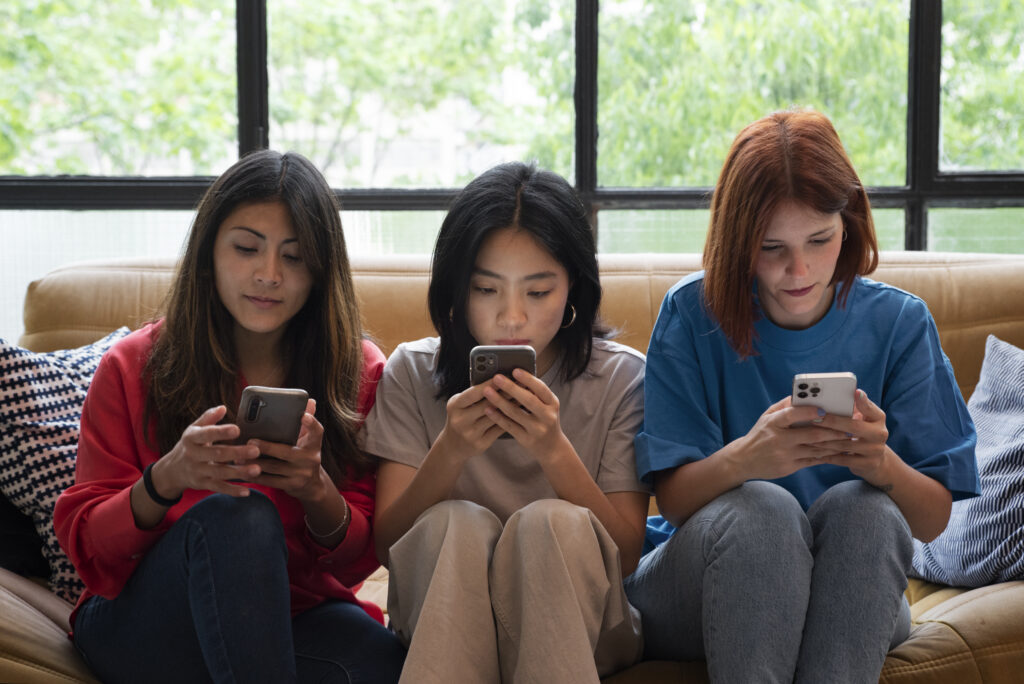The connection between Fear of Missing Out (FOMO) and depression levels among social media users has become a significant focus in modern psychological research, especially among Gen Z and millennials. Here are some of the primary connections between FOMO and the levels of depression experienced by social media users:
1.Intensive Social Comparison
Social media allows users to continuously compare their lives with others, often seeing idealized or “perfect lives” shared by others. FOMO triggers feelings of “falling behind” in experiences, achievements, or enjoyment. The more frequently these feelings arise, the greater the likelihood of dissatisfaction with oneself, which can lead to depressive symptoms.
2. Social Isolation and Social Anxiety
FOMO can make users feel excluded from social circles or activities deemed important by their environment, even though they may not actually be missing out directly. This anxiety can lead to a sense of social isolation, as though they are less able to participate or aren’t adequately acknowledged by their peers. Ultimately, this sense of isolation can deepen feelings of loneliness, which often contributes to depression.
3. Social Media Addiction and Negative Cycles
FOMO can create an addictive pattern with social media. Users who feel left behind will repeatedly check platforms for social validation or to feel relevant, which only increases exposure to content that triggers FOMO. This cycle heightens tendencies to feel pressured, isolated, and ultimately depressed, as their real lives may not align with the expectations formed from social media
4. Lack of Self-Satisfaction
FOMO also leads users to constantly seek external validation or confirmation that they are not missing out. However, reliance on external validation decreases self-satisfaction and gratitude, which ultimately increases the risk of depression, as happiness depends on what they see in others’ lives.
5. Mental Health Disorders Like Depression and Anxiety
Excessive social media use, especially under the influence of FOMO, is often directly linked to increased levels of anxiety and depression. Research indicates that FOMO can emotionally strain people due to an inability to feel content or happy with their own circumstances.
Managing FOMO—such as by limiting time on social media and focusing on activities that increase internal self-satisfaction—can help reduce its negative impact on mental health, including the risk of depression.
